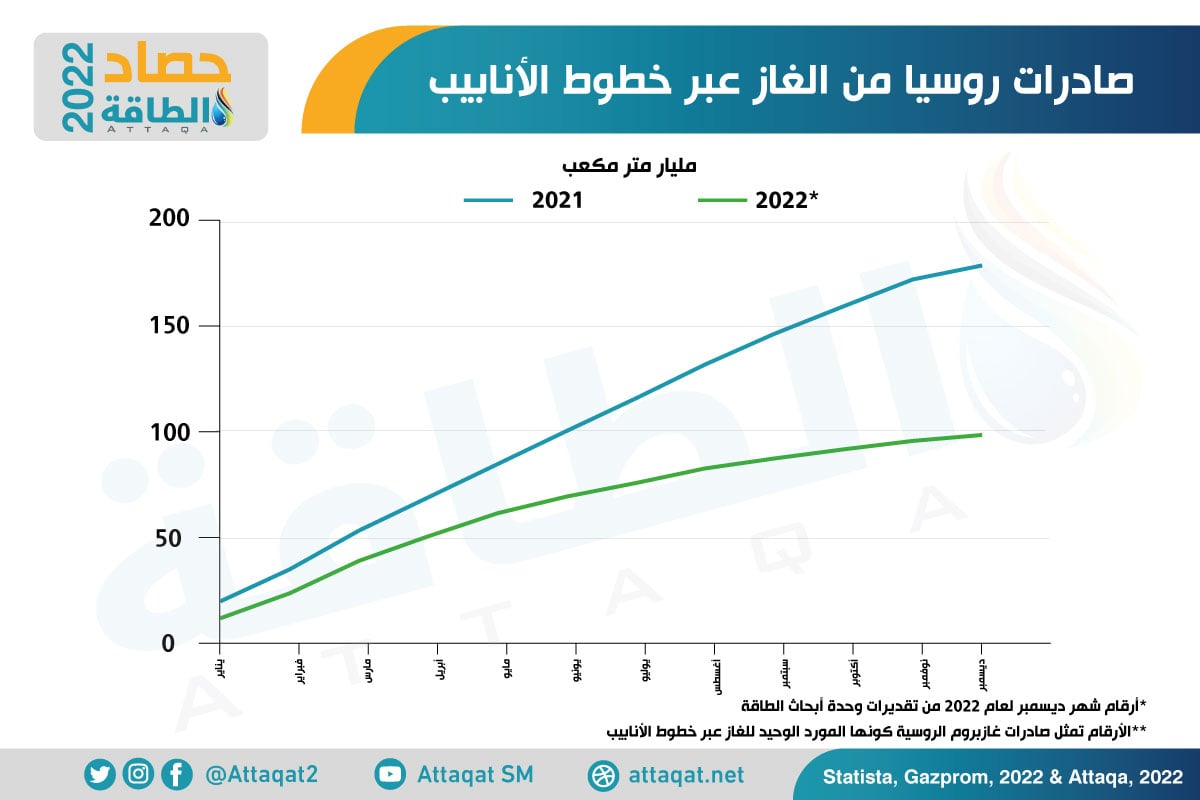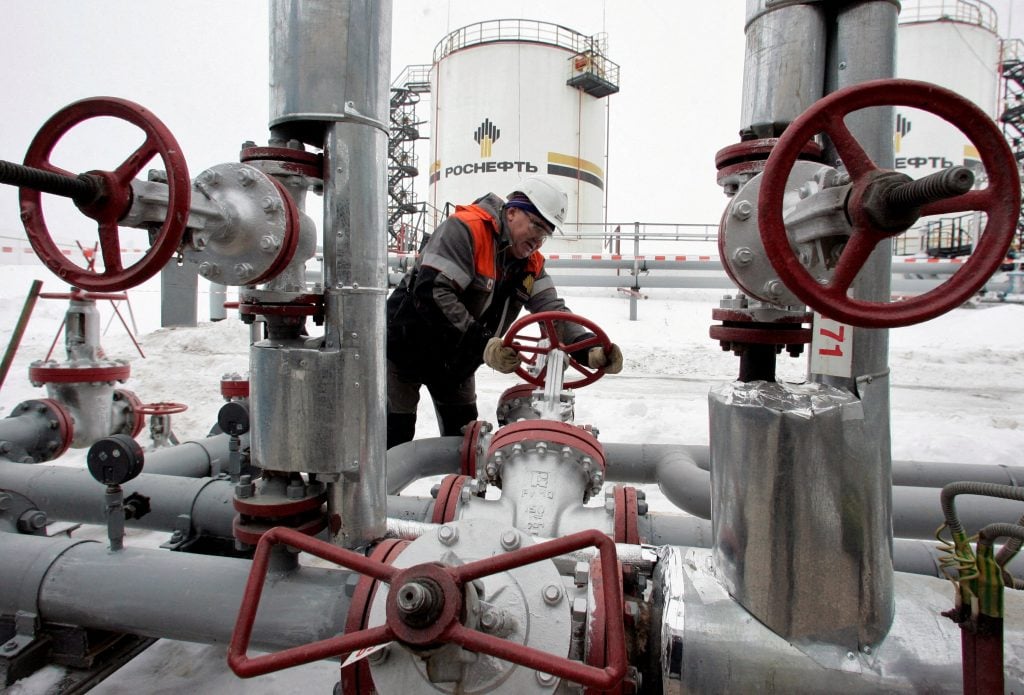The oil and gas exchange deal between Russia and Iran is witnessing new developments, as Deputy Prime Minister Alexander Novak announced that representatives of the two countries are discussing technical details about the deal, including Tehran’s proposal to transfer supplies.
The Russian official described the deal as a “promising project”, as Iran is seeking by all means to become a transit point that transfers Russian energy flows to Moscow’s customers, and benefits from a share of the flows to meet domestic demand at the same time, according to what the specialized energy platform read.
Novak hinted that the deal, which includes the exchange of oil and gas supplies – and not just gas, as was reported in the media when it was announced – might reach an agreement on it between the two countries, according to what was reported by the Russian news agency “Tass”.
New developments
Russian Deputy Prime Minister Alexander Novak said that the swap deal is currently enjoying development of details and technical possibilities, before the two parties reach an agreement on it.
He referred to the oil and gas exchange deal between Russia and Iran, which is seen as a promising project that may be settled and an agreement reached, especially since the deal has been on the table since last year (2022).
The deal includes several stages; The two parties focus – during the first phase – on exchanging 5 million tons of oil (35.5 million barrels), along with 10 billion cubic meters of gas.
Iran aspires to become an energy center, and made a proposal earlier to pass Russian gas through its territory to implement Moscow’s deals.
The oil and gas exchange deal between Russia and Iran – if completed – is the second of its kind for Tehran, as its territory is a mediator for the transit of gas flows from Turkmenistan to Azerbaijan.
Sanctions are a common umbrella
The oil and gas exchange deal between Russia and Iran is an extension of the boom in energy relations between the two countries and attempts to expand cooperation, especially in the aftermath of the outbreak of the Ukrainian war and Moscow’s fall under the sanctions list.
Alexander Novak has previously stated that the two countries are looking forward to more cooperation in facing sanctions imposed on energy exports to both of them, according to what was reported by the Iranian Tasneem News Agency, during his hosting of Iranian Oil Minister Javad Oji in October last year ( 2022).
Since then, the two countries have been studying the mechanisms for implementing the Russian oil and gas exchange deal with Iran, and news is issued from time to time about the use of Azerbaijani oil pipelines to transport the flows of the deal between Tehran and Moscow.
Tehran may receive the quantities of natural gas – offered during the deal – through pipelines, and then re-transfer the same flows to Moscow’s customers in other locations, as an intermediate transit point.
In addition, Iran seeks to seize some of these flows to meet the domestic demand in the northwest of the country, which relieves pressure and provides supplies that Tehran may re-export to Turkey and Iraq.
The chart below – prepared by the specialized energy platform – monitors the volume of Russian gas exports through pipelines, in comparison between 2021 and last year 2022:

Useless benefit
An oil and gas swap deal between Russia and Iran would save Tehran $6 billion annually, according to data issued by Iran’s energy exchange, IRINEX, last December.
On the other hand, the chief foreign policy and energy geopolitics in Washington, Dr. Omod Shukri, said that the Russian oil and gas exchange deal with Iran will not solve the energy crisis in Tehran.
He pointed out that Iran’s ambition to become an energy center – by completing the swap deal – is unlikely at the present time, but it is possible in the long term with the availability of appropriate conditions.
Shukri attributed this to the lack of infrastructure for the transport and exchange process in Tehran, in addition to the fact that it has not turned into a “free market” in the energy sector so far, in addition to not allowing the private sector to participate sufficiently in energy projects.
He also pointed to the US sanctions that Tehran is subject to and the restrictions imposed on the energy sector, explaining that these restrictions had the effect of not attracting the investments of international companies.
He added that if serious steps are not taken towards reviving the nuclear agreement, the coming times will witness the strengthening of the presence of Moscow companies in the fields of Tehran.
Also read..

Leave a Reply